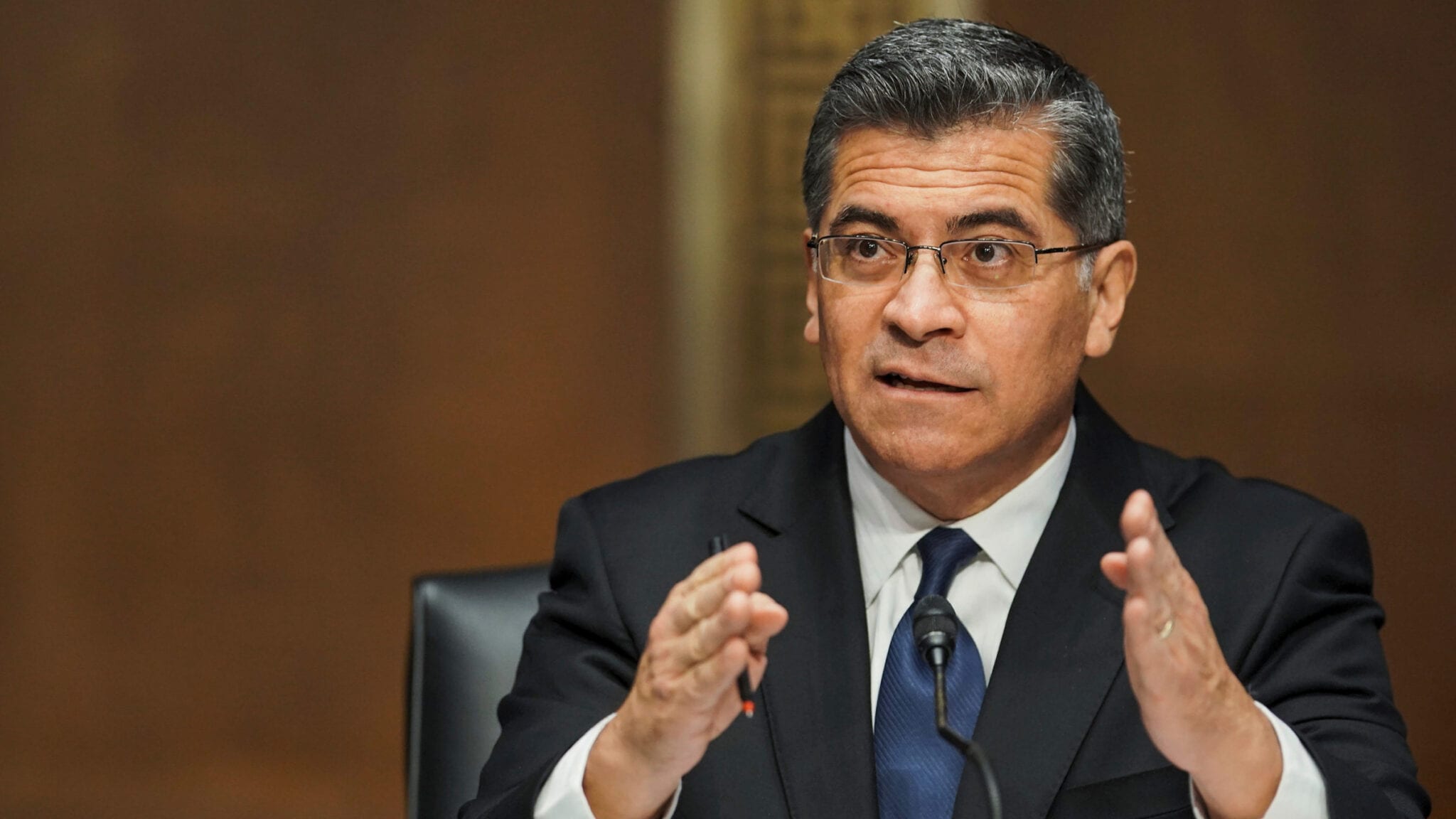
Xavier Becerra, new HHS secretary, at his nomination hearing (Greg Nash/Pool via AP Images)
Drugmakers brace for a pricing fight as Xavier Becerra is confirmed as the next HHS secretary
By a razor-thin margin of 50-49, all Senate Democrats and Maine Republican Susan Collins on Thursday confirmed former California Attorney General Xavier Becerra as the …
Sign up to read this article for free.
Get free access to a limited number of articles, plus choose newsletters to get straight to your inbox.